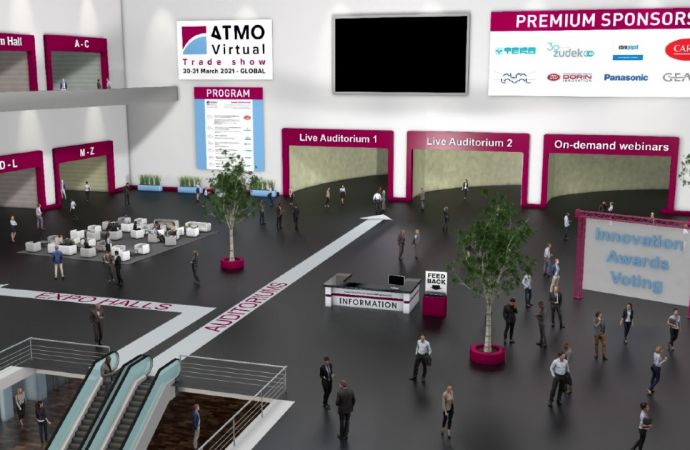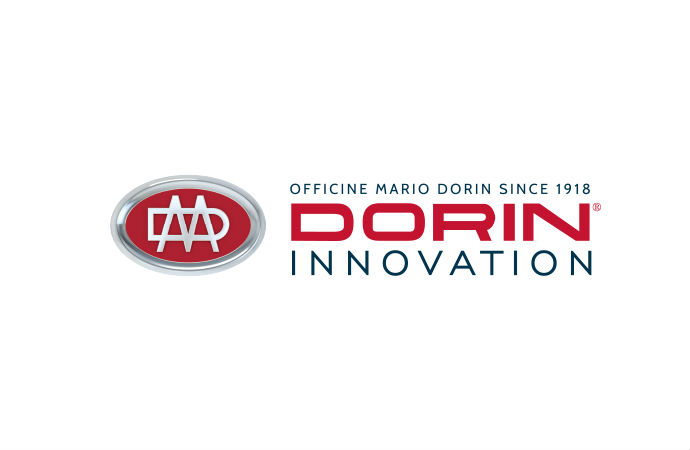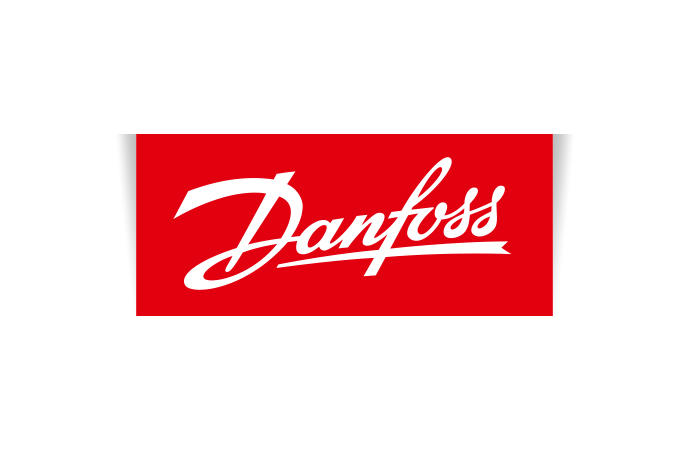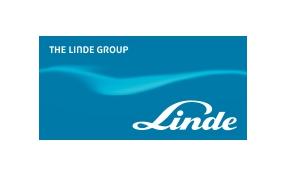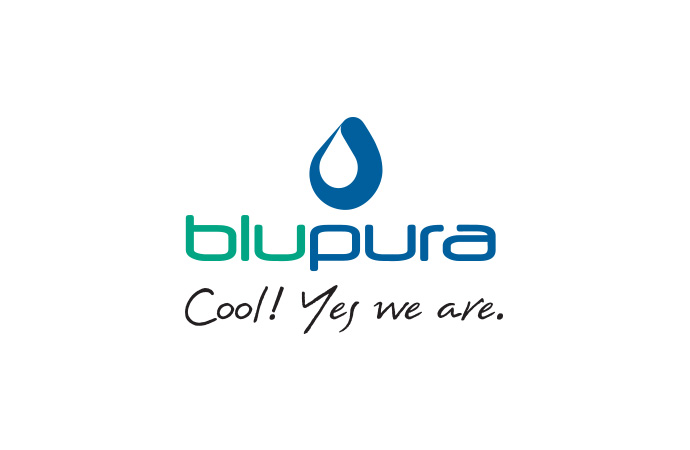For the interactive workshop and conference on Natural Refrigerants, ATMOsphere Europe 2011, a call for case studies has been published. For the afternoon technology sessions taking place on 11 and 12 October in Brussels, the organisers are seeking for original and innovative case studies in the field of ammonia refrigeration that can be applied to other projects and have tangible results to present figures regarding

In order to present the latest market innovations and efficiency results in the field of natural refrigeration (CO2, ammonia, hydrocarbons) at ATMOsphere Europe 2011, the organisers are looking for case studies in the following application areas:
Submission criteria
Deadline to submit the case studies is 15 July 2011.
The focus of case studies should be on best practices and/or lessons learned in the field of natural refrigerants. The case study should intend to be a practical summary to improve practice rather than a formal, rigorous research paper. It should provide and analyse real life results as regards energy efficiency and reliability of new HVAC technology using one or multiple natural refrigerants.
Should you wish to provide your input in the above-mentioned fields, you are invited to send an abstract that satisfies the following criteria:
Efficiency analysis: analysis of how the refrigerant influences the COP, comparison of different systems or parameters, etc
Cost analysis: energy costs, operational costs, planning and installation costs, life-cycle costs
Result-oriented: review of the lessons learned and suggestions on how the next installation could be managed differently
Author content and format guidelines
In your Case Study submission, please include:
Please submit your Case Study via email to: info@ATMO.org
- Commercial & Light-Commercial Refrigeration
- Industrial Refrigeration
- Air Conditioning (Mobile & Stationary)
- Heat Pumps
- Transport
- New areas of application
Submission criteria
Deadline to submit the case studies is 15 July 2011.
The focus of case studies should be on best practices and/or lessons learned in the field of natural refrigerants. The case study should intend to be a practical summary to improve practice rather than a formal, rigorous research paper. It should provide and analyse real life results as regards energy efficiency and reliability of new HVAC technology using one or multiple natural refrigerants.
Should you wish to provide your input in the above-mentioned fields, you are invited to send an abstract that satisfies the following criteria:
- Sustainable: the case study should address the potential of natural refrigerant technology (CO2, ammonia, hydrocarbons)
- Replicable: lessons learned that could be applied to other projects
- Original: technology innovations, research results that have not been shown elsewhere, new field of applications etc
- Tangible: Examples of real life installations and demonstration projects, laboratory testing with tangible results etc
Efficiency analysis: analysis of how the refrigerant influences the COP, comparison of different systems or parameters, etc
Cost analysis: energy costs, operational costs, planning and installation costs, life-cycle costs
Result-oriented: review of the lessons learned and suggestions on how the next installation could be managed differently
Author content and format guidelines
In your Case Study submission, please include:
- Your full name, organisation and email address
- Case study title
- An Abstract
- Keywords
- Introduction
- Any applicable references
Please submit your Case Study via email to: info@ATMO.org
MORE INFORMATION
Related stories


